Experts forecast marketing trends at aTVFest’s ‘The Future of Brand Storytelling’
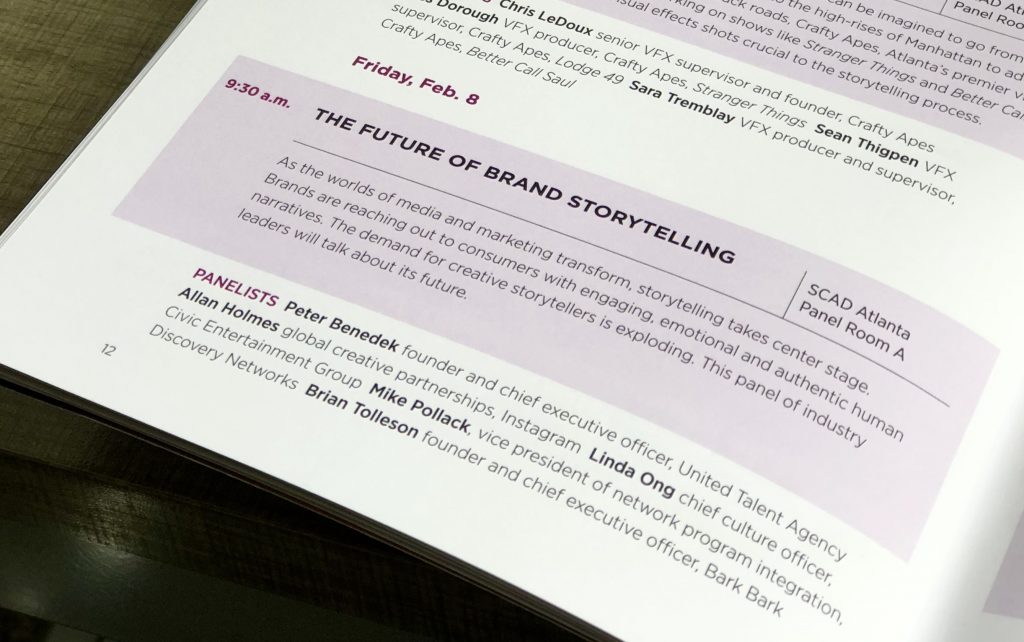
On Friday, Feb. 8, aTVfest hosted a panel discussion, “The Future of Brand Storytelling,” which explored marketing trends all content creators should be aware of.
The panelists included SCAD alumnus Allan Holmes from Instagram’s global creative partnership, Mike Pollack, vice president of Discovery Network’s network program integration and Brian Tolleson, marketing consultancy Bark Bark’s founder and chief executive officer. Peter Benedek, United Talent Agency’s founder and chief executive officer, moderated the panel.
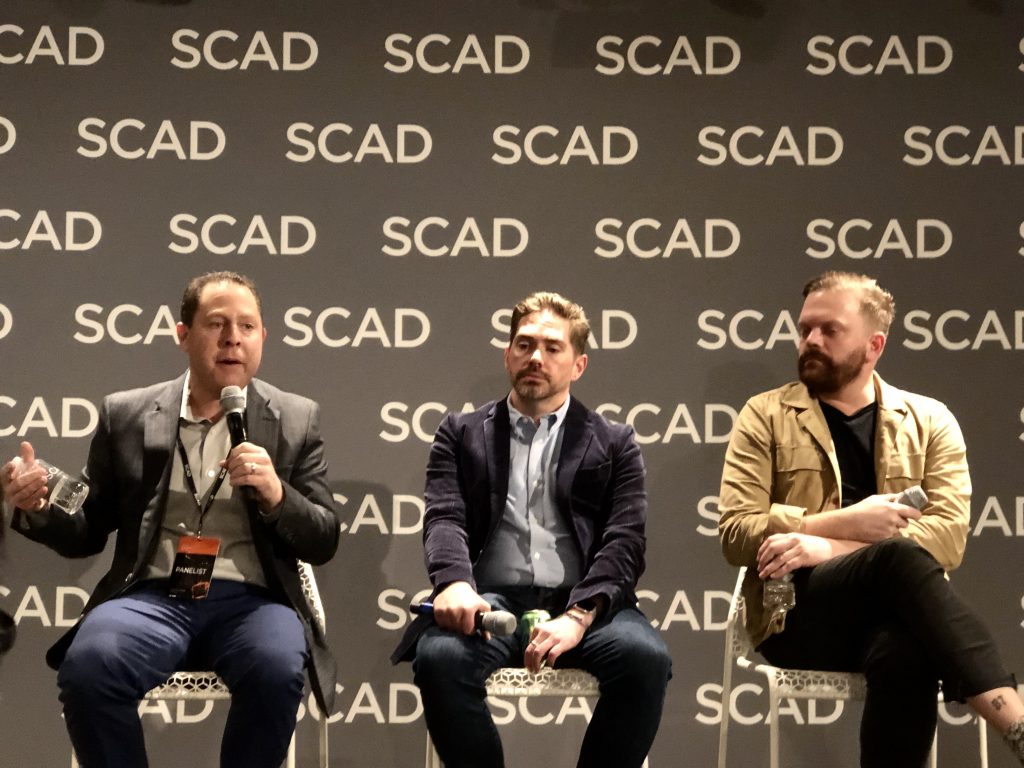
The panelists mentioned that storytelling, content and authenticity in marketing is essential. Tolleson said a good marketer would help companies “take advantage” of our culture’s current interest in social good. According to market research, millennials and Generation Z are drawn to companies that champion social causes — climate change, organic food, fair trade and social justice. He said that Kendall Jenner’s Pepsi commercial jumped on this trend and failed because the campaign was tone-deaf.
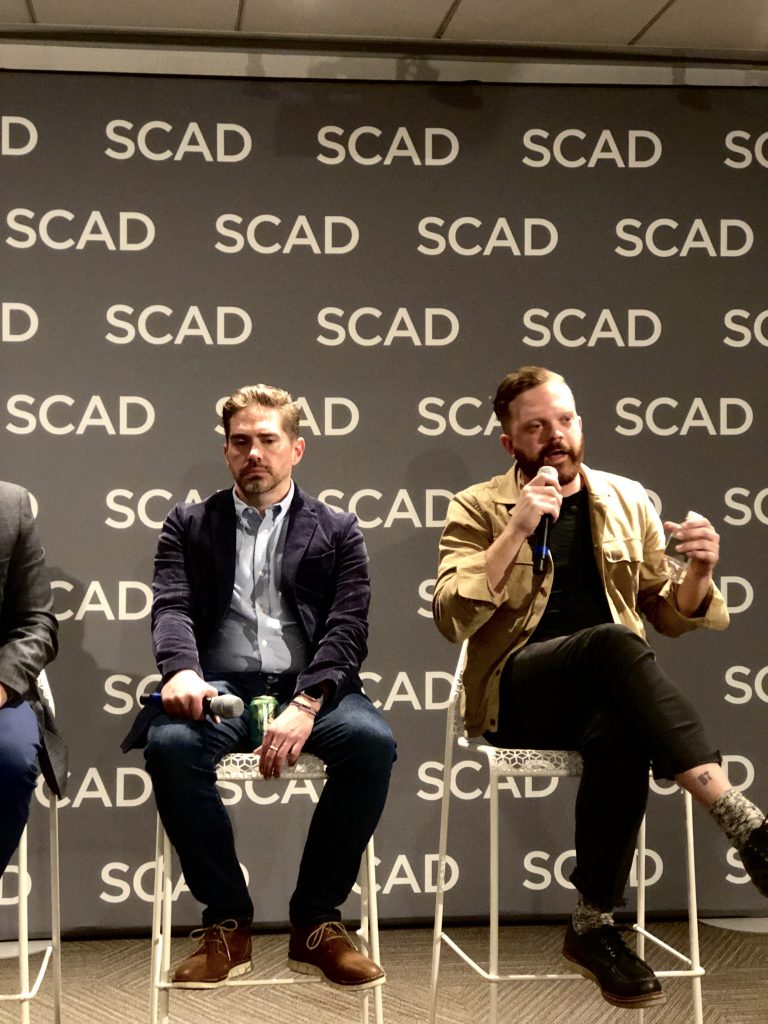
Nimaanee Narang, a luxury and fashion marketing graduate student, who did not attend the event but does study marketing trends, said social justice causes “are definitely a concern, because consumers want more companies to be transparent,” she said, “there’s a lot of negative publicity that arises [if brands are not careful]. If that’s the case, it could damage the brand’s reputation. Some brands can’t afford that risk.”
The panelists also talked about making money as influencers. They stated influencers are the future of marketing. Benedek said he knows a person who has tens of thousands of followers on Instagram. He was baffled when he learned the person “wasn’t monetizing” that value — such as getting sponsors to sell products to her audiences through her platform. The panelists also mentioned that influencers need to maintain a balance of authenticity and product promotion. The appearance of selling out risks alienating followers.
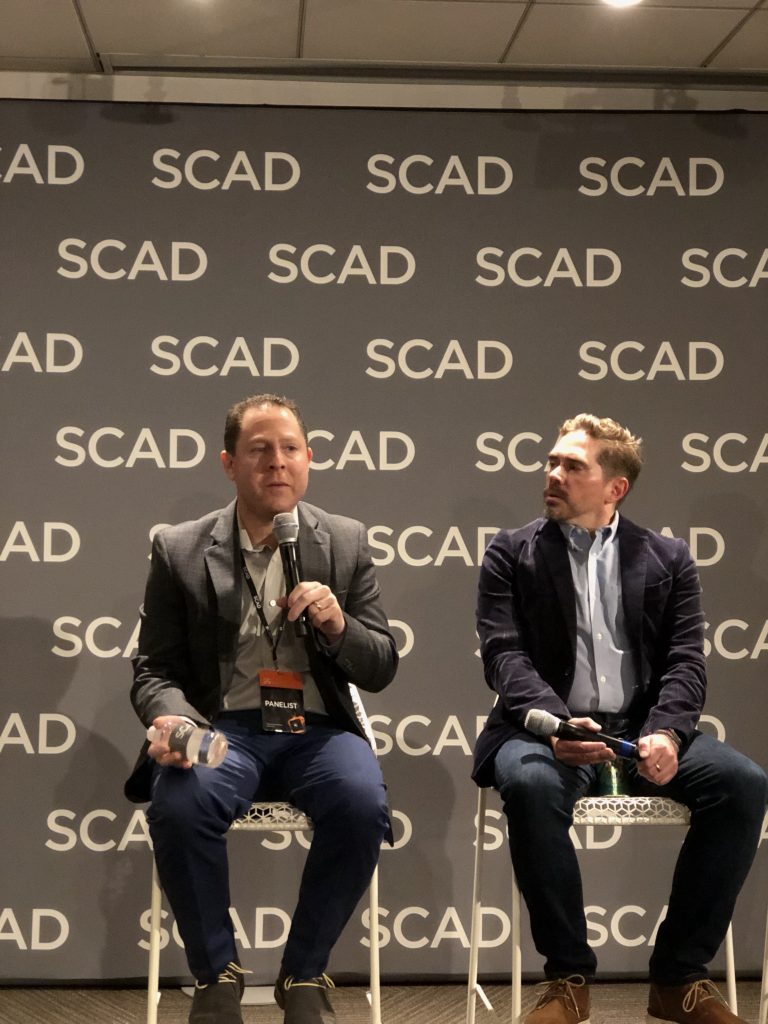
Tolleson said that content is essential, but experiences are king. Roma and Black Panther were successful movies, partly because they were shared experiences that invited conversations — a “theatrical exhibition.” To watch Black Panther is an event. You go once, you love it and invite friends and family to go. “It’s like a book,” Holmes added on. We read a book and recommend it to others because of its quality. The book gains traction and a reputation that expands its market.
The panelists also discussed niche markets. Holmes stated that companies now recognize the power of micro-influencers — those who have a small but passionate following. Tolleson introduced an example: it could be a mother whose Instagram profile focuses on motherhood after her kids went off to college. Even though she might only have 5,000 followers, she has a very specific audience that is loyal to her. Look for talents, he said, “then, you have a product.”
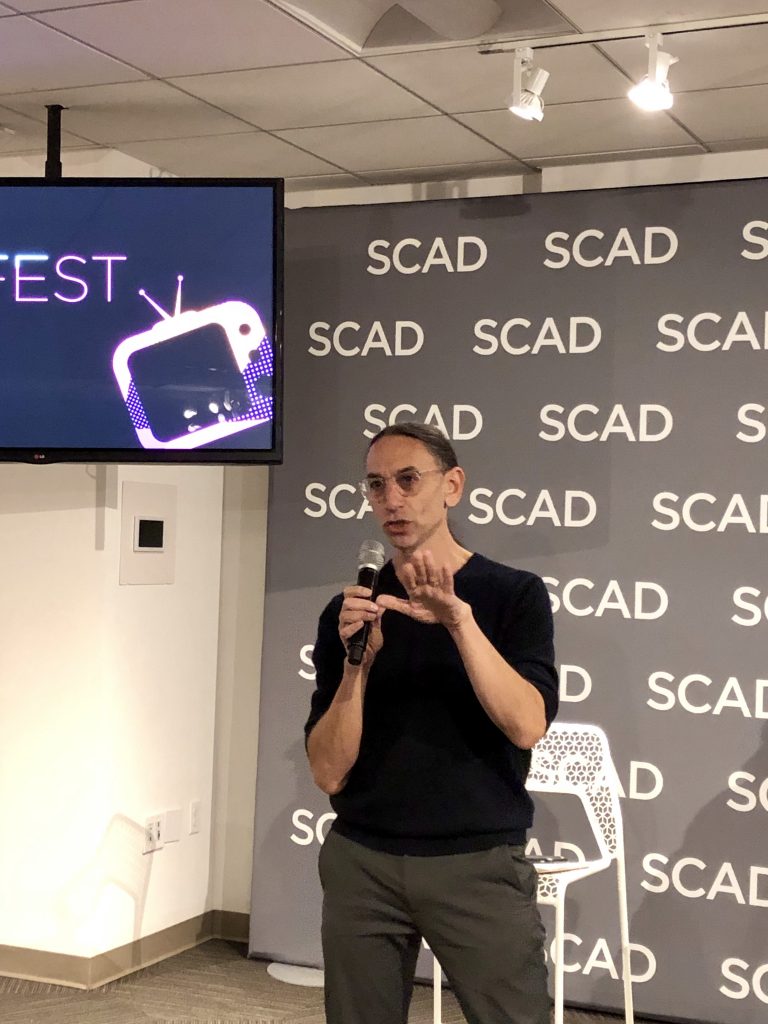
In the Q&A session, first-year fashion marketing and management student Brittany Yearwood raised concerns about the direction Instagram is going. In the platform’s early days, it was about sharing daily life photos. Now, it’s about selling products to gain a wider audience. Is it going to be good, or bad? Holmes answered that we are now able to curate our Instagram feed based on our interests, and completely shift what we see by following or unfollowing profiles. “If you don’t like influencers, you can customize it to see something or someone else,” he said. I asked her if she thinks her question was answered. “I think they answered it really well, and I recognize that everybody is different. You could change what you want or don’t want to see. Like Pinterest, you can filter content that way.”




















